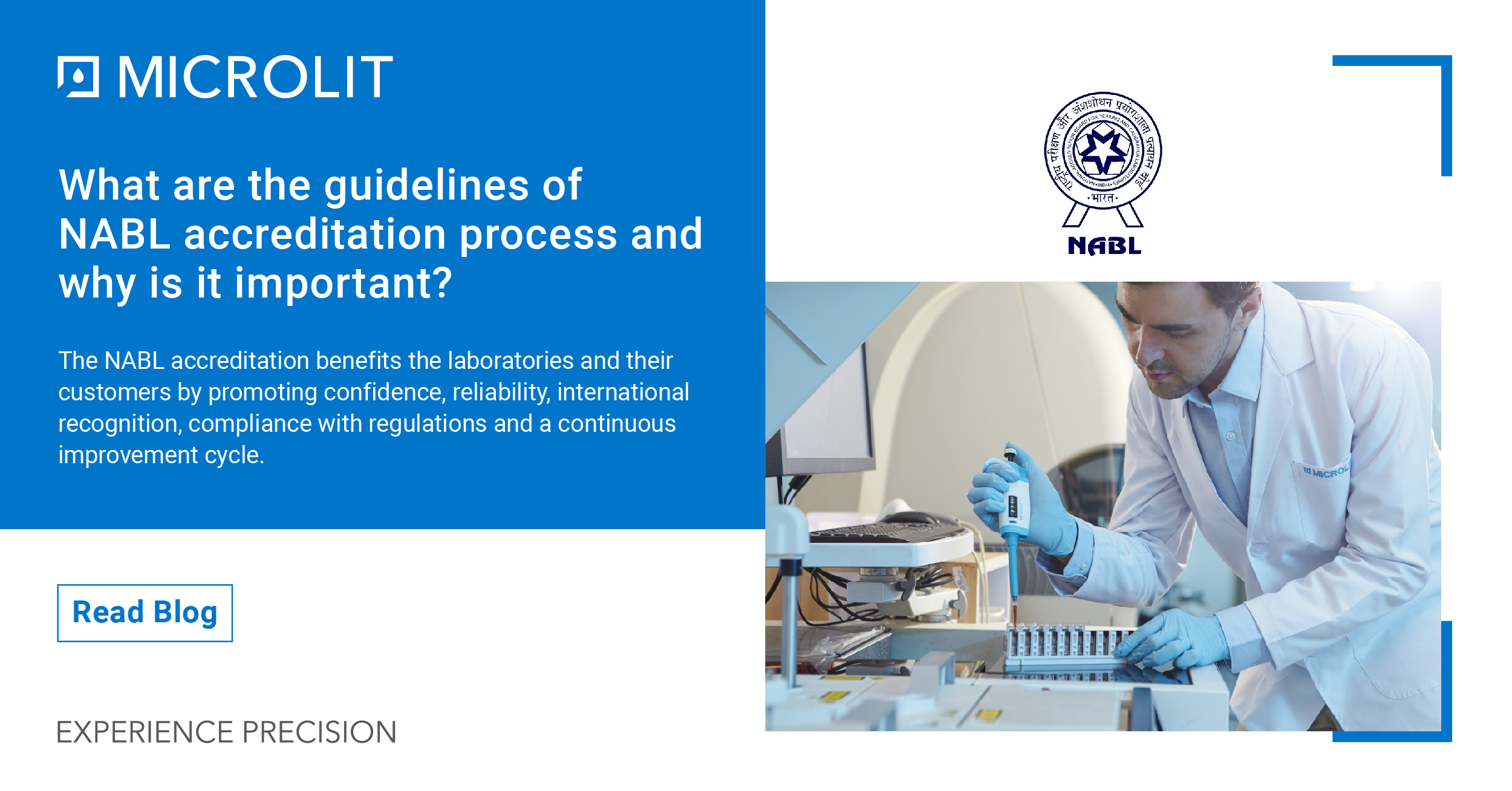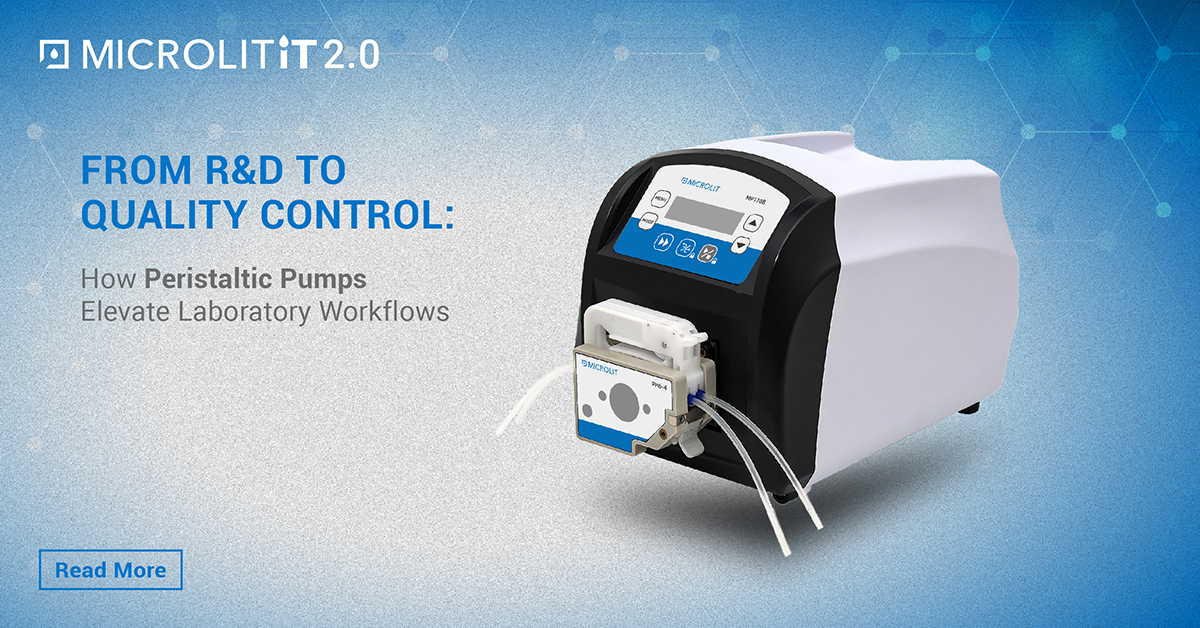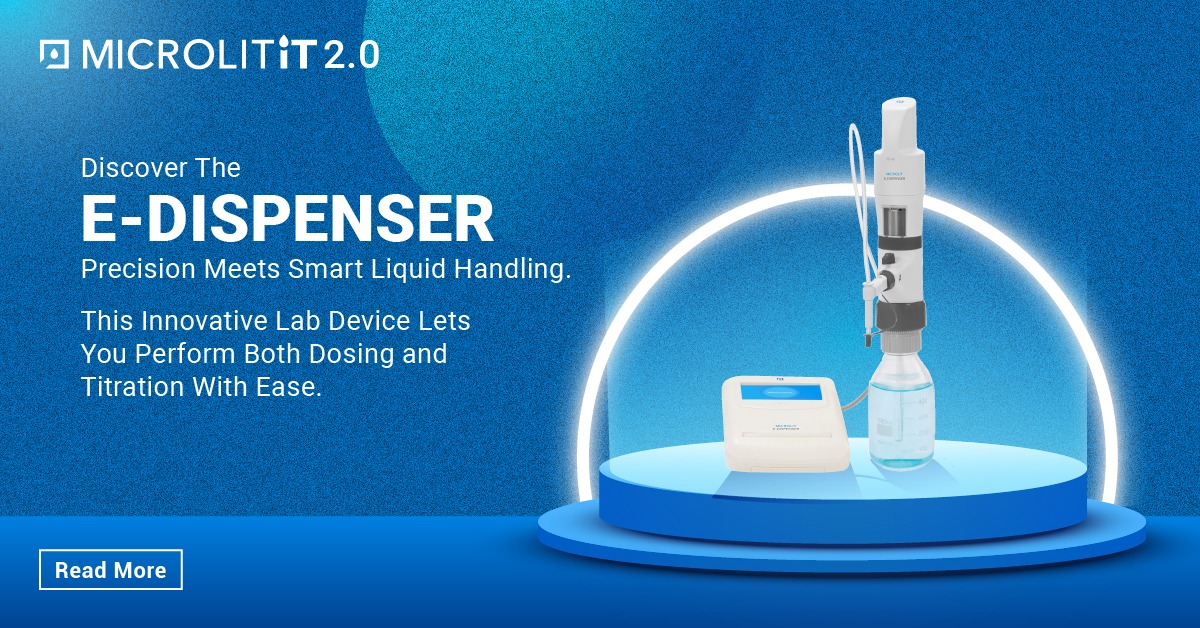What are the guidelines of NABL accreditation process and why is it important?
- August 9, 2023
- ENQUIRE NOW

The National Accreditation Board for Testing and Calibration Laboratories (NABL) is an autonomous body under the Ministry of Science and Technology, Government of India. It provides accreditation to testing and calibration laboratories in various fields. The accreditation process involves a rigorous evaluation of the laboratory’s competence, adherence to international standards and quality management system.
 NABL accreditation is important because it ensures that the laboratory is capable of providing accurate and reliable testing and calibration services. It signifies that the laboratory meets internationally accepted standards and practices, thus increasing customer confidence and facilitating acceptance of test results globally. NABL accreditation also helps laboratories comply with regulatory requirements and promotes continuous improvement through regular assessments and surveillance.
NABL accreditation is important because it ensures that the laboratory is capable of providing accurate and reliable testing and calibration services. It signifies that the laboratory meets internationally accepted standards and practices, thus increasing customer confidence and facilitating acceptance of test results globally. NABL accreditation also helps laboratories comply with regulatory requirements and promotes continuous improvement through regular assessments and surveillance.
The guidelines for NABL accreditation process include the following steps:
- Application: The laboratory submits an application for accreditation to NABL.
- Document Review: NABL reviews the laboratory’s quality manual, procedures, and other relevant documents to ensure compliance with international standards.
- Pre-assessment: NABL conducts a pre-assessment visit to evaluate the laboratory’s readiness for the accreditation process. This helps the laboratory identify any gaps or areas of improvement.
- Assessment: NABL performs an on-site assessment of the laboratory by a team of experts. This includes the evaluation of facilities, equipment, personnel, and testing/calibration procedures.
- Evaluation: The assessment team prepares a report based on their findings and submits it to NABL for evaluation.
- Corrective actions: If any non-compliance or non-conformities are identified, the laboratory must take corrective actions to address them.
- Final assessment: A final assessment is conducted after the corrective actions have been implemented. If all requirements are met, NABL grants accreditation to the laboratory.
- Surveillance Audit and Renewal: A surveillance audit will be carried out each year to take suitable corrective actions followed by renewal to continually check the laboratory’s competence and adherence to international standards.
Importance of NABL Accreditation
The NABL accreditation is important as it provides a framework for evaluating and ensuring the quality and competence of testing and calibration laboratories. It benefits both the laboratories and their customers by promoting confidence, reliability, international recognition, compliance with regulations and a cycle of continuous improvement.
NABL accreditation is important for several reasons:
- Quality assurance: NABL accreditation signifies that a laboratory meets international quality standards and is competent to provide accurate and reliable test results. It assures customers that the laboratory’s testing and calibration services are of the highest quality.
- Competency assessment: Through the accreditation process, laboratories undergo a thorough evaluation of their technical competence, including personnel, equipment, procedures, and quality management system. This helps identify areas for improvement and ensures continuous development and enhancement of skills.
- 3. International recognition: NABL is a signatory to the International Laboratory Accreditation Cooperation (ILAC) and Asia Pacific Laboratory Accreditation Cooperation (APLAC) Mutual Recognition Arrangements. This means that NABL-accredited laboratories are recognized internationally, facilitating acceptance of test results across borders.
- Compliance with regulatory requirements: Many industries and regulatory bodies require laboratories to hold NABL accreditation for certain types of testing and calibration. Accreditation helps laboratories comply with these requirements and enables them to participate in tenders and contracts where accreditation is a prerequisite.
- Customer confidence: NABL accreditation builds trust and confidence in the laboratory’s services among its customers. It demonstrates the laboratory’s commitment to quality, accuracy, and reliability, leading to increased customer satisfaction and loyalty.
- Continuous improvement: NABL accreditation follows a cycle of continual improvement. Once accredited, laboratories are subject to regular surveillance assessments to ensure ongoing compliance with standards. This encourages laboratories to continuously improve their processes, systems, and services, leading to enhanced quality and customer satisfaction.
- Potential increase in business: Due to enhanced customer confidence and satisfaction, accredited laboratories receive a form of international recognition, which allows their data and results to be more readily accepted in overseas markets. Accreditation helps to reduce costs for manufacturers and exporters who have their products or materials tested in accredited laboratories, by reducing or eliminating the need for retesting in another country.
- Improvement in performance via Proficiency Tests: Many laboratories operate in isolation from other laboratories and do not have ongoing opportunities to compare their data with others. Without such opportunities, there are risks that the data of a laboratory may have errors, biases or significant differences when compared to data from other similar laboratories. Proficiency testing provides an opportunity to undertake such comparisons and to have an independent appraisal of the laboratory’s data compared to reference values (or other performance criteria) or to the performance of similar laboratories. The results from such participation provide laboratory managers with either a confirmation that the laboratory’s performance is satisfactory or an alert that an investigation of potential problems within the laboratory is required.
Overall, NABL accreditation is important as it provides a framework for evaluating and ensuring the quality and competence of testing and calibration laboratories. It benefits both the laboratories and their customers by promoting confidence, reliability and international recognition.
About Microlit Laboratory
 The calibration laboratory at our Head Office in Lucknow, India is at the nexus of our manufacturing and product calibration activities. It is certified under ISO 17025 by NABL. This means that every liquid-handling instrument manufactured by Microlit is individually calibrated and further conforms to ISO 8655 standards of accuracy and precision and ensures accurate experiment results.
The calibration laboratory at our Head Office in Lucknow, India is at the nexus of our manufacturing and product calibration activities. It is certified under ISO 17025 by NABL. This means that every liquid-handling instrument manufactured by Microlit is individually calibrated and further conforms to ISO 8655 standards of accuracy and precision and ensures accurate experiment results.
A NABL accredited laboratory instils confidence and builds trust among users as this framework is internationally accepted and approved. It assures accuracy and precision within the expected error limits.





